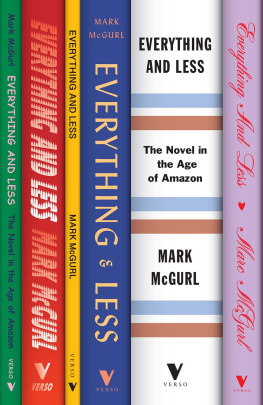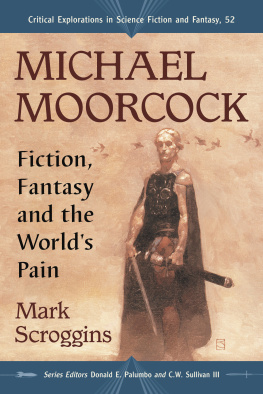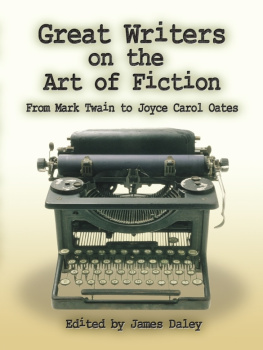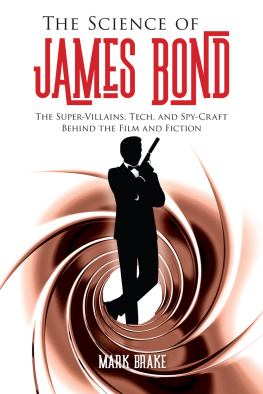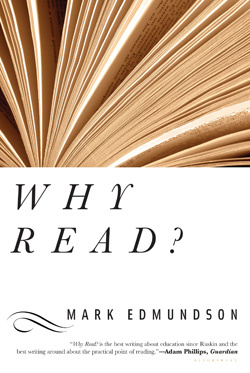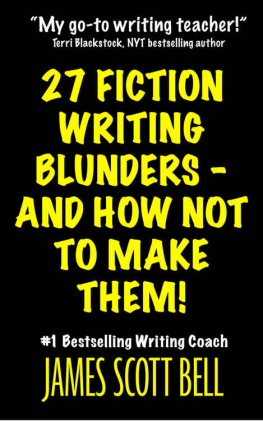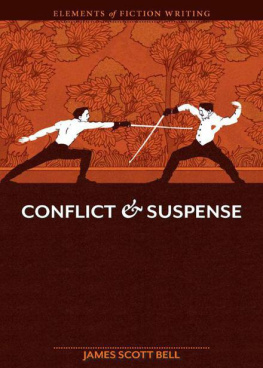Contents

Everything and Less
Everything and Less
The Novel in the Age of Amazon
Mark McGurl

First published by Verso 2021
Mark McGurl 2021
All rights reserved
The moral rights of the author have been asserted
1 3 5 7 9 10 8 6 4 2
Verso
UK: 6 Meard Street, London W1F 0EG
US: 20 Jay Street, Suite 1010, Brooklyn, NY 11201
versobooks.com
Verso is the imprint of New Left Books
ISBN-13: 978-1-83976-385-4
ISBN-13: 978-1-83976-387-8 (US EBK)
ISBN-13: 978-1-83976-386-1 (UK EBK)
British Library Cataloguing in Publication Data
A catalogue record for this book is available from the British Library
The Library of Congress Has Cataloged the Hardback Edition as Follows
A catalog record for this book is available from the Library of Congress
Typeset in Sabon by MJ & N Gavan, Truro, Cornwall
Printed and bound by CPI Group (UK) Ltd, Croydon, CRO 4YY
for Celeste, for everything
Contents
I am grateful to have had the opportunity to share my work in progress on this book with audiences at many institutions in the US and elsewhere. Their queries, suggestions, and criticisms have been a tremendous help. Gratitude is also due to Michaela Bronstein, Ulrika Carlsson, J. D. Connor, Celeste Crystal, Nathan Nebeker, and Sianne Ngai for reading things on short notice. Parts of have previously appeared in Modern Language Quarterly, Public Books, American Literary History, and a volume of essays edited by Amy Elias and Joel Burges. I am thankful to the editors of those publications for editorial assistance on those portions of the book. Thanks also to my colleagues and students in the Department of English at Stanford University, who have enabled the research and writing that went into the book in innumerable ways.
The first thing that needs to be noted about the collected works of MacKenzie Bezos, novelist, currently consisting of two titles, is how impressive they are. Will either survive the great winnowing that gives us our standard literary histories? Surely not. Precious few novels do. Neither even managed, in its initial moment of publication, to achieve the more transitory status of buzzy must-read. But this was not for want of an obvious success in achieving the aims of works of their kindthat kind being literary fiction, so called to distinguish it from more generic varieties. In Bezoss hands it is a fiction of close observation, deliberate pacing, credible plotting, believable characters and meticulous craft. The Testing of Luther Albright (2005) and Traps (2013) are perfectly good novels if one has a taste for it.
The second thing that needs to be noted about them is that, after her divorce from Jeff Bezos, founder and controlling shareholder of Amazon, their author is the richest woman in the world, or close enough, worth in excess (as I write these words) $60 billion, mostly from her holdings of Amazon stock. She is no doubt the wealthiest published novelist of all time by a factor of whatever, a high number. Compared to her, J. K. Rowling is still poor.
Its the garishness of the latter fact that makes the high quality of her fiction so hard to credit, so hard to know what to do with except ignore it in favor of the spectacle of titanic financial power and the gossipy blather it carries in train. How can the gifts she has given the world as an artist begin to compare with those she has been issuing as hard cash? Of late it has been reported that Bezos, now going by the name MacKenzie Scott, has been dispensing astonishingly large sums of money very fast, giving it to worthy causes, although not as fast as she has been making it as a holder of stock in her exs company. Driven by the increasing centrality of online shopping to contemporary life, its price has been climbing. There are many fine writers of literary fiction, maybe too manytoo many to pay close attention to, anywaybut only one worlds richest lady.
For this book, however, the weird disjunction between the subtleties of literary fiction and the garishness of contemporary capitalism and popular culture is the point. The book argues that the rise of Amazon is the most significant novelty in recent literary history, representing an attempt to reforge contemporary literary life as an adjunct to online retail. In making that case and pursuing its consequences, the fact that the former wife of the founder of Amazon is a novelist is as good a place to begin as any. On the one hand, as well see, Amazon is nothing if not a literary company, a vast engine for the production and circulation of stories. It started as a bookstore and has remained committed ever since to facilitating our access to fiction in various ways. On the other hand, the epic inflection it gives to storytelling could hardly be more distinct from the subtle dignities and delights of literary fiction of the sort written by MacKenzie Bezos.
It was she who, according to legend, took the wheel as the couple drove across the country from New York to Seattle to start something new, leaving her husband free to tap away at spreadsheets on his laptop screen in the passenger seat. If this presents an image of Jeff as the author of Amazon in an almost literal sense, it surely matteredmattered a lotthat his idea for an online bookstore was fleshed out while living with an actual author of books or aspiring one. Writing is really all Ive ever wanted to do, she said upon the occasion of the publication By this time Amazon was already the great new force in book publishing, although it had yet to introduce the Kindle e-reader, the device that made a market for e-books. Neither had it hit upon perhaps its most dramatic intervention into literary history, Kindle Direct Publishing, the free-to-use platform by whose means untold numbers of aspiring authors have found their way into circulation, some of them finding real success. It had not yet purchased the book-centric social media site Goodreads, or Audible.com, or founded any of the sixteen more or less traditional publishing imprints it now runs out of Seattle.
That self-published writers have succeeded mostly by producing the aforementioned forthrightly generic varieties of fiction, and not literary fiction, is part of the story this book will tell. Romance, mystery, fantasy, horror, science fictionthese are the genres at the heart of Amazons advance upon contemporary literary life. They come at readers promising not fresh observations of the intricacies of real human relationshipsalthough they sometimes do that by the waybut compellingly improbable if in most ways highly familiar plots.
In one recent self-published success, a man awakens to find he has been downloaded into a video game. Rallying himself surprisingly quickly, he lives his version of The Lord of the Rings, but now with a tabulation of various game statistics appearing in his minds eye. In another, a young woman is gifted with the power of prophesy, making her a target of the darkly authoritarian Guild. Run, girl, run! In still another, a woman has a job as a secret shopper, testing the level of customer service at various retail stores, stumbling into a love affair with the impossibly handsome billionaire who owns them all. Then there are the zombies. There are as many moderately successful self-published zombie novels as there are zombies in any given zombie novelhundreds of them. Whether dropping from the air into the Kindle or other device, or showing up on the doorstep in a flat brown box, these are the works that Amazons customers demand in largest numbers and which it is happy to supply.

